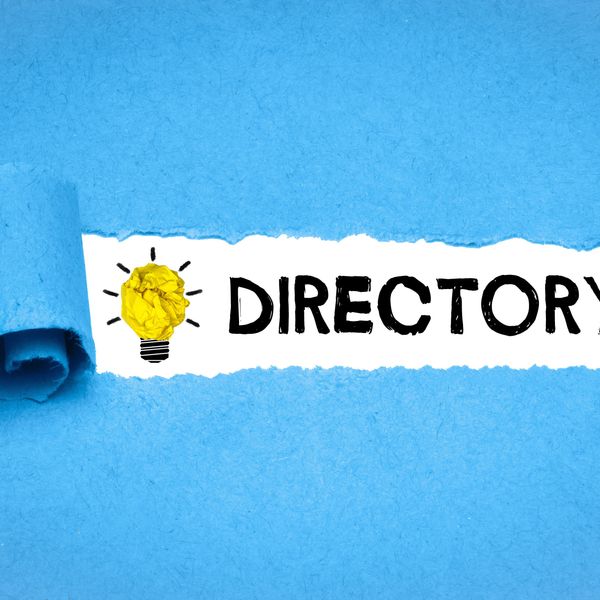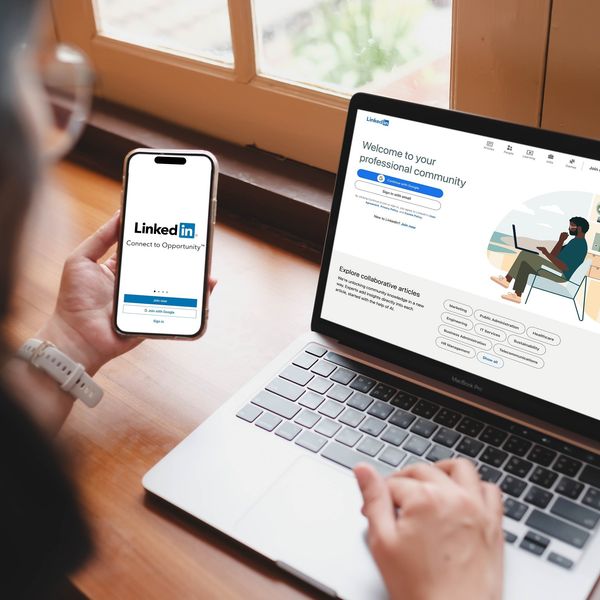
Can Technology Really Help You Manage a Customer Relationship?
Building and maintaining relationships is the core of branding. How well you can do this with your loyal customers and prospective clients says a lot on your success in branding. With a plethora of technology, there are tools to help you do this. Combined with some well-informed relationship management, you’re positioned to develop, nurture, strengthen and even profit from your connections.
That was the focus of this chat, and we’re guided by questions from Brian Fanzo , who asks:
1. How do you manage your contacts?
2. What are some tools you utilize for Social Listening?
3. What best practices do you recommend or seen around Customer Relationship Management (CRM)?
4. Any mistakes or brand lessons in and around CRM?
In quick Twitter tweets, BRANDidos (a term of endearment for anyone who participates in the #brandchat chat), shared their knowledge and best tools.
Brandchat: Participants | Replay
How do you manage your contacts?
- For this particular question, some software tools were mentioned, including Sugar CRM, SalesForce, Outlook extension, Nimble, Rapportive, LinkedIn (for professional contacts), PipelineDeals, Podio (project management resource), ToutApp (sales email tracking tool), 360’CRM, Solve360 CRM.
- Having staff dedicated to customer service is as important as the CRM tools you use. @magriebler
- CRM tools are just that. They don’t manage the relationship for you. They help you organize to better the relationship. @Mr_McFly
- Use tools to track and monitor, but engagement with customers has to come from you.
- Customer management tools are best used to guide the tone with each customer. It’s your choice whether or not you follow the guide. @AllenDatagraph
- Relationship is the key word here. You can’t automate a relationship. Ever. @MattLaCasse
- Manage relationships by keeping the interaction “human.” This is especially important for B2C relations. @weareboogie
- CRM tools are not enough by themselves to keep the relationship “human.” @husamerciyes
- Use tools and automation to do tasks that are repetitive so you have more time to focus on human engagement and relationships.
- CRMs allow you to centralize information, lists and calendars so no one falls through the cracks. @joshmccormack
What are some tools you utilize for Social Listening?
- Tools mentioned here included HootSuite, SocialMention, Google Alerts, TweetAlarm, Sprout Social, Brandwatch, Crimson Hexagon, SalesForce, TweetDeck, Social Mention (search engine for social content), TweetReach, Topsy (free tool when looking for industry specific news), Simply Measured (social analytics), TagBoard (for hashtags), Nurph (for tracking Twitter chats), Storify, Meltwater (online media monitoring).
- If you’re tracking on a budget but need strong data, try Rowfeeder. You can adjust your spend on the fly. @MrJDZ
- Eyes and Ears. Best tool ever. @clickflickca
What best practices do you recommend or seen around CRM?
- CRM like any tool is only as good as the data and effort you put into it. Garbage in garbage out. @iSocial_Fanz
- Update, update, update. You have to keep it as current as possible, all the time. @j_barrick
- A CRM is so individualized even if it’s the same system. Best practice: make it customizable. @AllenDatagraph
- Know how to use it. Put the work in so you get the most out of them. They’re not click and go. @ORIS4COLOR
- CRM is great for tracking but not personalization. Break your targets into multiple sub groups for more nuanced messaging. @MrJDZ
- Capitalize on actionable, meaningful information from all of the data. @kiporama
- If you want a relationship with customers, think like one, not a marketer. @di_wo
- Test drive a new CRM before committing; get end users involved. @magriebler
- The biggest problem with CRM is people don’t define the goals of use. Define the input data, output reports, and purpose. @Nimble
- Contact information is pure gold; keep it up-to-date and pristine.
Any mistakes or brand lessons in and around CRM?
- Generate internal buy-in for CRM tool BEFORE implementing it. @AllenDatagraph
- Understand what your CRM does. Ensure that your team knows how to use it and that you are correctly interpreting/using the data. @mkmcreative
- Reporting. If you can’t pull useful reports from your CRM, it’s not nearly as useful as it could be. @j_barrick
- Great customer service has to be a shared priority. No CRM will fix that. @magriebler
- Know your business and marketing objectives and plan tactics carefully before executing. @di_wo
- Don’t feel like you have to track every little thing. Monitor and report on only what matters to your business. @PrintingBig
- Losing contact information and relying on tools before building a relationship. #CRMmistakes @mmarinaaa
- My experience with many CRM tools is that they make one group’s role easier while complicating it for others. Be careful. @SJAbbott
- Don’t get lost in all the shine and glitter of your new software. Remember goals, strategy and the real human touch! @brandchat
- H.E.L.P. – Humanize your message, Encourage conversation, Listen first, Promote less. @kmullett
- Many times the problems and limitations of CRM tools are in their implementation, not the tools themselves. Don’t blame the tools. @LoisMarketing
- Automation can lead to social media disaster. Judgment (and sensitivity to current events) cannot be automated. @ABHuret
- Listen to your staff. If they have ideas for better or new ways to use the CRM, try them! @PrintingBig
If you found value in these insights, please comment below. Or, if you have your own insights or tools that you recommend in managing the relationship information of your connections, please share them below in the comments section.




